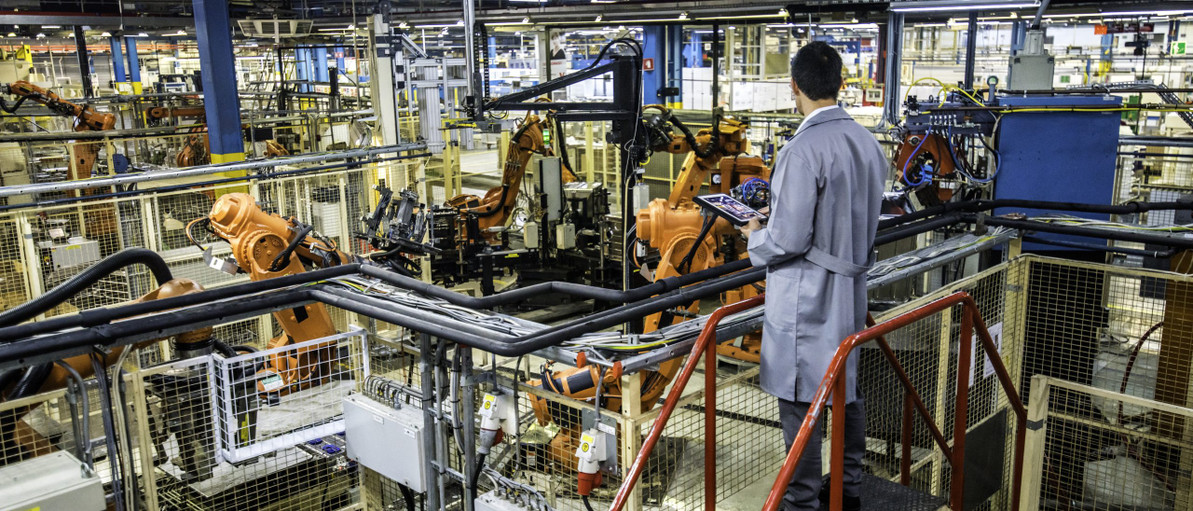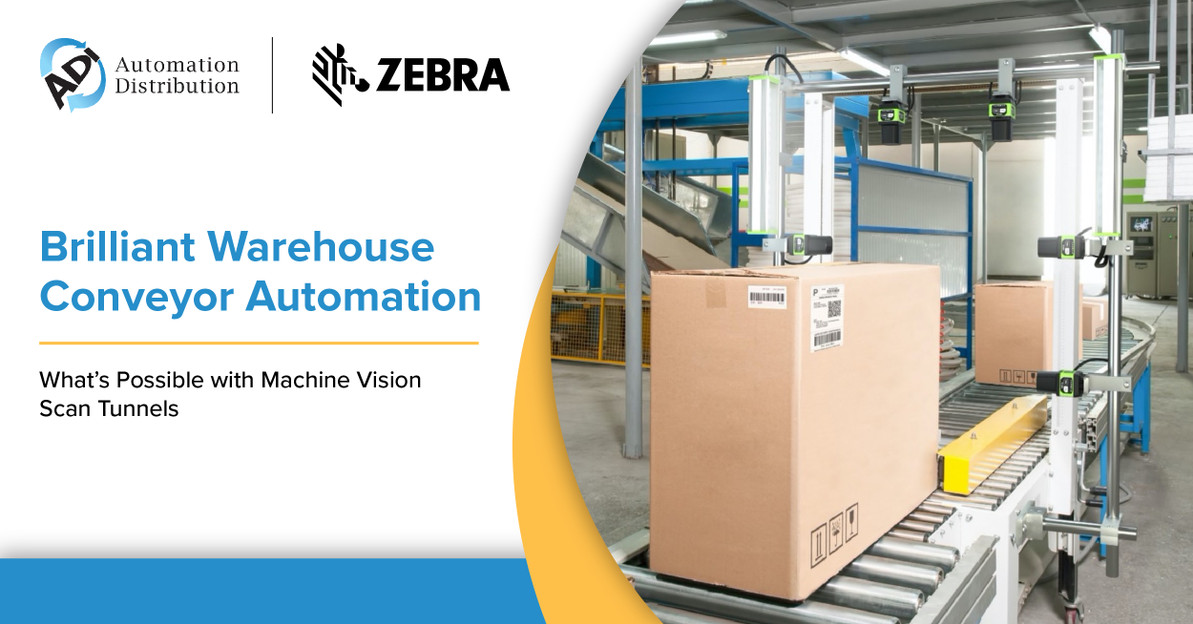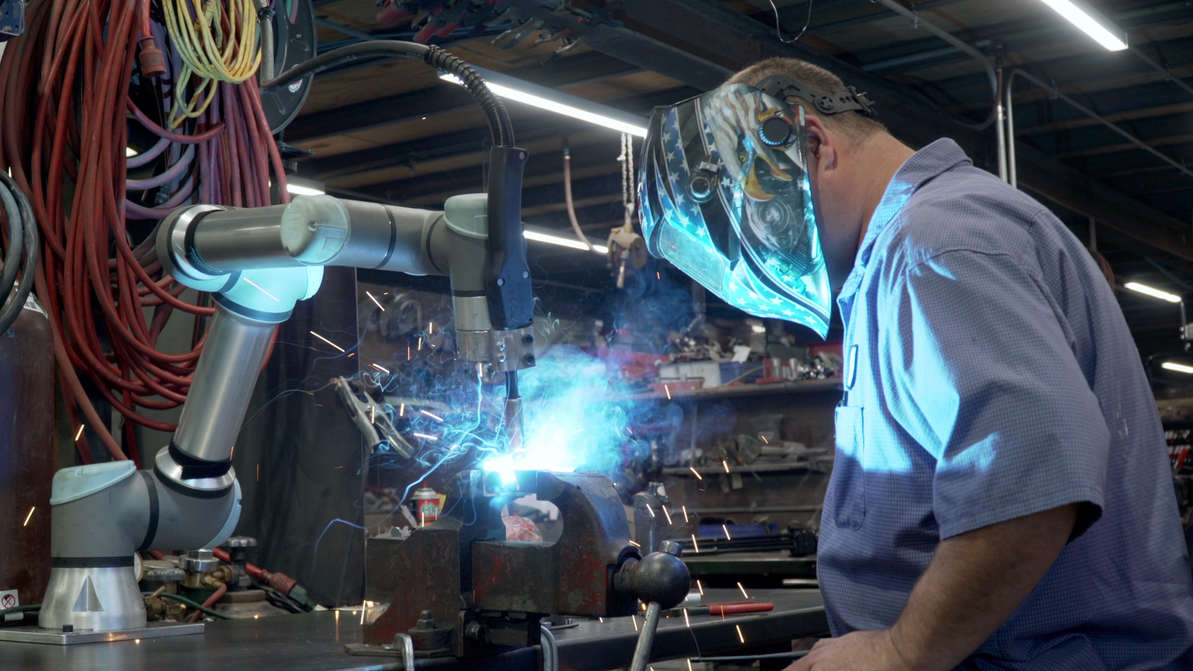Shaping the Future of American Manufacturing
The manufacturing industry has played a pivotal role in the success of our country for over a century. It has provided jobs to communities nationwide, strengthened our supply chains, and contributed to American economic prosperity. While American manufacturing is still in the process of recovering from the pandemic, both the federal government and businesses have made substantial investments in the industry to secure its future.
Under the leadership of the Biden Administration, these federal investments are designed to support and promote American manufacturing, emphasizing the "Make More In America" initiative. Jay Timmons, President and CEO of the National Association of Manufacturers (NAM), has been actively engaged in discussions with the White House during his nearly 13 years in this role.
In addition to his leadership in manufacturing and workforce matters, Timmons has also been a vocal advocate for democracy. Following the events of January 6th, 2021, he took a stand to promote accountability and protect the integrity of elections. Furthermore, he led the National Association of Manufacturers in supporting democracy and Ukrainian manufacturers.
Let's delve into the current state of manufacturing, the economy, recent federal investments, and democracy, from the perspective of an industry expert.
Manufacturing Resilience During the Pandemic
The NAM transformed into a disaster relief agency to ensure manufacturers were recognized as essential and able to continue producing critical medical supplies and essential goods during the pandemic. They provided real-time updates and information, coordinated the distribution of personal protective equipment, and collaborated with policymakers to shape legislation for the pandemic response. They also launched the "This Is Our Shot" campaign to address vaccine hesitancy. The goal was to protect our workers and keep facilities open, which was a tremendous achievement for our industry.
The Current State of Manufacturing and the Economy
Manufacturers are currently one of the most trusted institutions in the United States. This trust is reflected in both polling data and political discourse, where politicians often want to take credit for the success and growth of the manufacturing sector. Past administrations, including those of Clinton, Obama, and both Bush administrations, laid the foundation for robust trade agreements that expanded our industry's global market access.
The Trump administration contributed to tax reform and streamlined certain regulations, while the Biden administration has made strides in infrastructure, the CHIPS and Science Act, and provisions of the Inflation Reduction Act that support sustainability. Despite concerns about a potential recession, the U.S. economy has outpaced other G7 nations in terms of growth since the pandemic. Manufacturers are a significant part of this success, with the industry employing more people than it has in over a decade.
However, we face significant challenges, particularly in the form of regulatory burdens. These burdens, across various federal agencies, are stifling investment, hindering job creation, and suppressing wage growth. Two-thirds of manufacturers say they would invest in more equipment if regulatory burdens were reduced, and a substantial percentage would increase compensation and hiring. The federal regulatory burden costs small manufacturers $50,000 per employee per year, surpassing the entire economic output of the manufacturing sector.
This wave of regulations also drives suppliers to establish facilities overseas, further disrupting our supply chains. While we have the potential for industry growth and job creation, the ongoing regulatory onslaught is holding us back, and this needs to change.
Addressing Workforce Needs in Manufacturing
The modern manufacturing industry faces a critical need for a skilled workforce. A study by Deloitte and the Manufacturing Institute projects that manufacturers will need to fill four million jobs by the end of this decade, with a substantial portion at risk of going unfilled. This challenge is intertwined with the industry's move toward Manufacturing 4.0, characterized by advanced technologies like 3-D printing, augmented reality, AI, robotics, and more.
To address this need, some call for a focus on education, including technical and vocational schools, community colleges, and apprenticeships. Programs like the Federation for Advanced Manufacturing Education (FAME) are instrumental in helping students acquire the skills required for modern manufacturing careers.
The NAM and MI's Creators Wanted campaign is the largest workforce initiative in the manufacturing industry, designed to inspire, educate, and empower the next generation of manufacturing professionals. It has generated substantial interest in modern manufacturing careers and offers a unified platform to explore career pathways.
Policymakers also play a significant role in building the manufacturing workforce, with immigration reform being a key priority. Just as they have supported infrastructure and the CHIPS Act, they should prioritize immigration reform to ensure our industry and economy continue to thrive.
Federal Investments and Their Impact
Recent federal investments, such as the Bipartisan Infrastructure Law and the CHIPS and Science Act, have had a profound impact on the manufacturing industry. The Bipartisan Infrastructure Law addresses various NAM priorities, including funding for infrastructure, 5G expansion, and climate change initiatives. Manufacturers are already reaping the benefits, with increased orders, higher sales, and production growth.
The CHIPS and Science Act is equally significant, particularly in light of supply chain disruptions related to semiconductors. It provides funding for technology development, supports STEM workforce development, and addresses various critical areas like clean energy and minerals excavation. These investments are pivotal for the industry's growth.
However, the success of these legislative achievements is threatened by a continuous onslaught of federal regulations. While the infrastructure bill and CHIPS Act are notable accomplishments, some believe the regulatory agenda of the current administration poses a risk to their full implementation.
The Role of Manufacturers in Democracy
The manufacturing industry is deeply committed to the values of free enterprise, individual liberty, and equal opportunity. These values have underpinned the strength of our industry and our democracy. The business community has a significant role to play in conversations about democracy. We must work to preserve and expand democracy through the power of commerce.
The manufacturing industry has a vital role to play in the economic success of our country, but it also carries a responsibility to uphold values and support the institutions that make our way of life possible. Policymakers, industry leaders, and the business community must collaborate to overcome challenges and promote prosperity, all while safeguarding principles of democracy.
Recent Posts
-
Introducing the Turck Q130 HF Read/Write Head: Revolutionizing RFID Data Management
In today's fast-paced industrial landscape, efficiency and accuracy are paramount. The ability to se …Apr 30th 2024 -
Using Scan Tunnels to Track, Sort and Route Warehouse Packages
If you’re using conveyor lines to move products, packages and shipments through your warehouse, the …Apr 17th 2024 -
Embracing Collaboration: How Universal Robots Transformed DeAngelo Marine Exhaust
When the welding robots made their debut at DeAngelo Marine Exhaust, there was a mix of excitem …Apr 11th 2024




